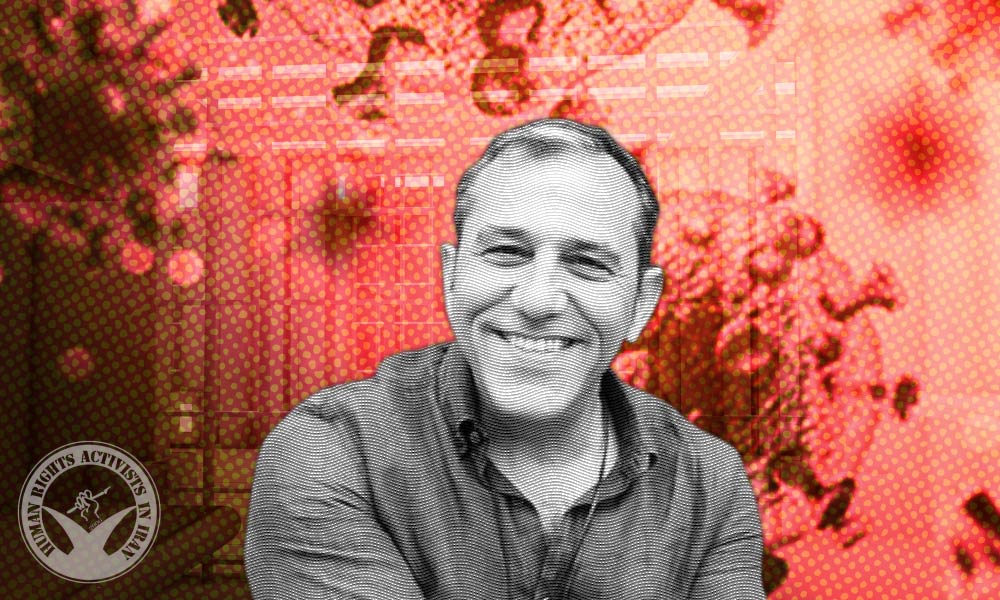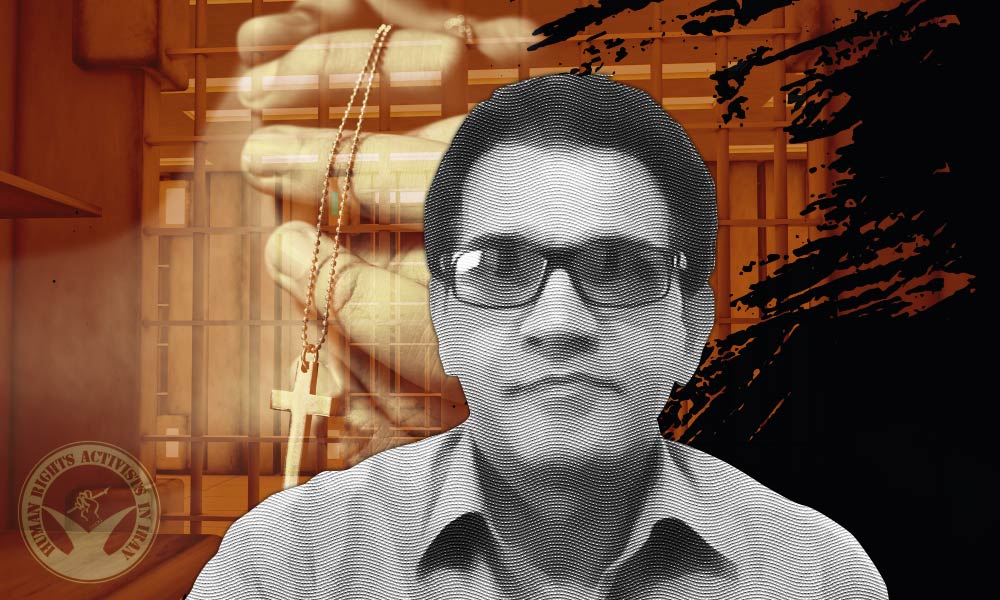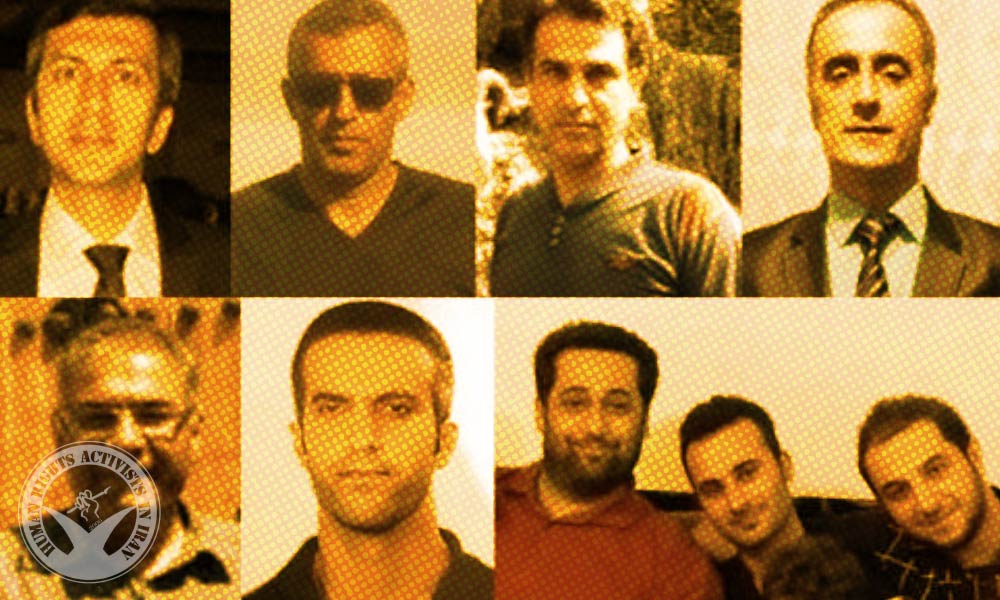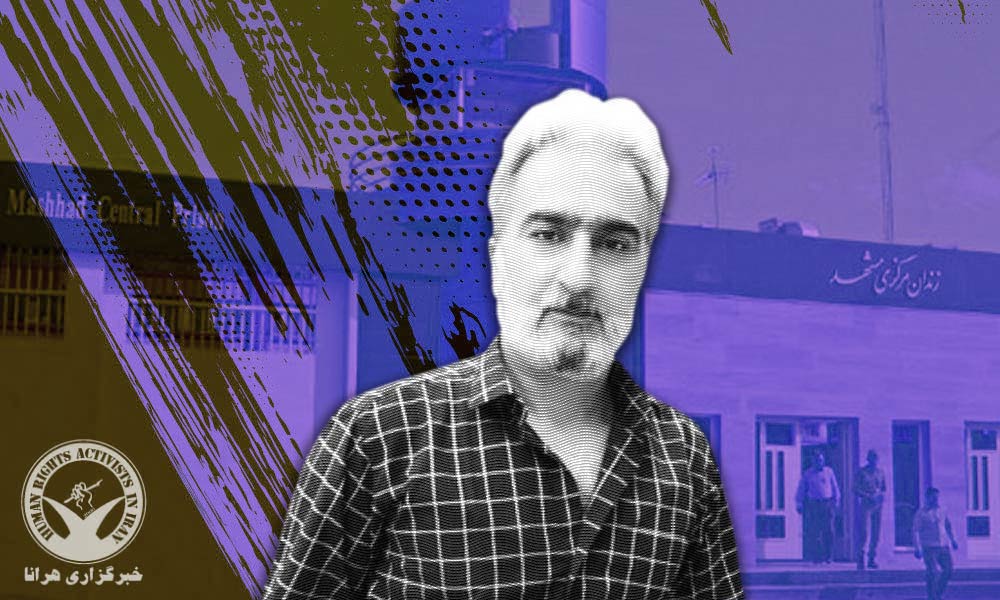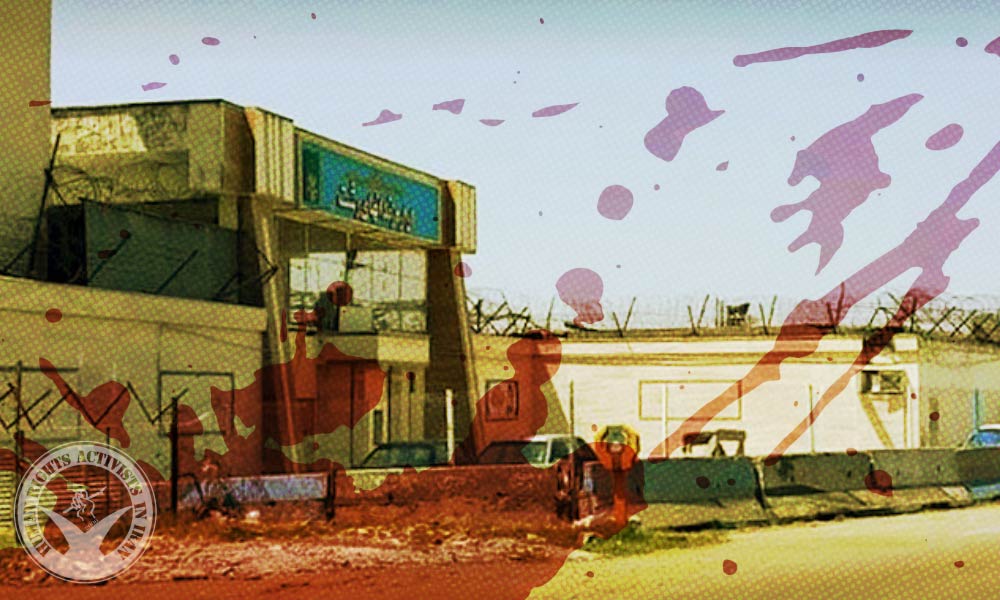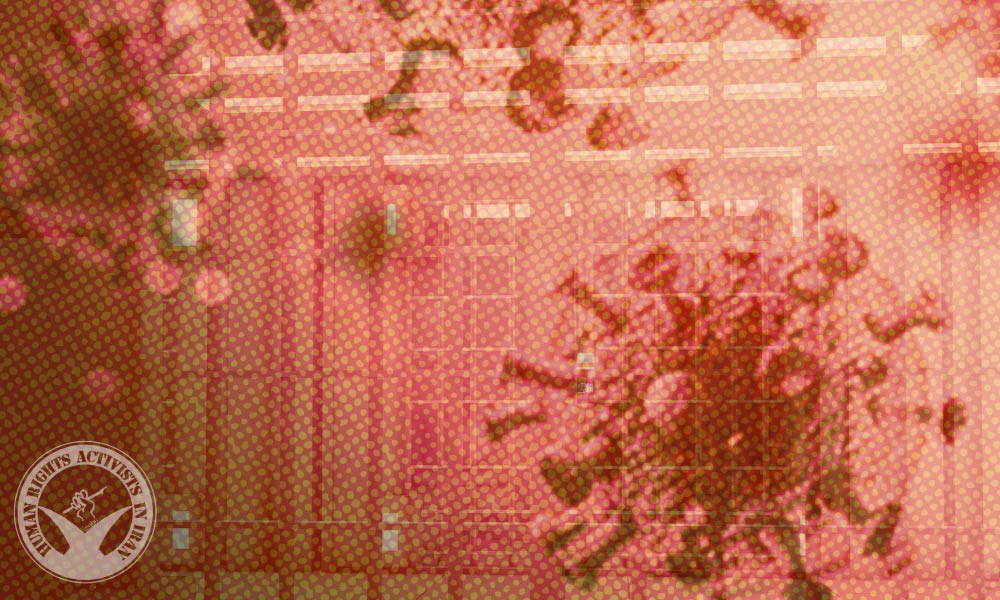Imprisoned Iranian-American citizen Emad Sharghi and political prisoner Reza Ghalandari tested positive for COVID-19 in Evin Prison.
According to HRANA, the news agency of Human Rights Activists, Sharghi’s family has previously expressed concerns about his health in case he contracts COVID-19, as he suffers from high blood pressure and cholesterol. He has been deprived of the COVID-19 vaccine.
In April of 2018, Sharghi was arrested by IRGC intelligence agents on the charge of espionage. After nine months in detention, he was released on bail. IRGC confiscated his passport as well as the passport of his wife, Bahareh Amidi, in order to prevent them from leaving the country.
An informed source told HRANA regarding Shargi’s arrest that “about 20 security agents— later it turned out that they were IRGC agents— raided his house in Tehran at night to arrest him and his wife. Mr. Sharghi was detained for nine months in Evin Prison awaiting his legal proceedings. Finally, he was temporarily released on bail”.
On November 30, 2020, Tehran’s Revolutionary Court, headed by Judge Salavati, sentenced him to 10 years in prison in a trial in absentia. He was charged with “espionage and collecting gathering military intelligence.” He was not summoned to attend the trial and was denied the right to defend himself.
In January of 2021, HRANA reported his arrest at the border area of Sardasht by IRGC intelligence agents during an attempt to flee the country.
He is currently spending his sentence in Salon 9 of Ward 8 in Evin Prison.
Ghalandari, age 40, is serving his sentence in the same ward. He was sentenced five years in prison on the charge of “assembly and collusion against national security” by Tehran’s Revolutionary Court. The verdict was upheld on appeal.



